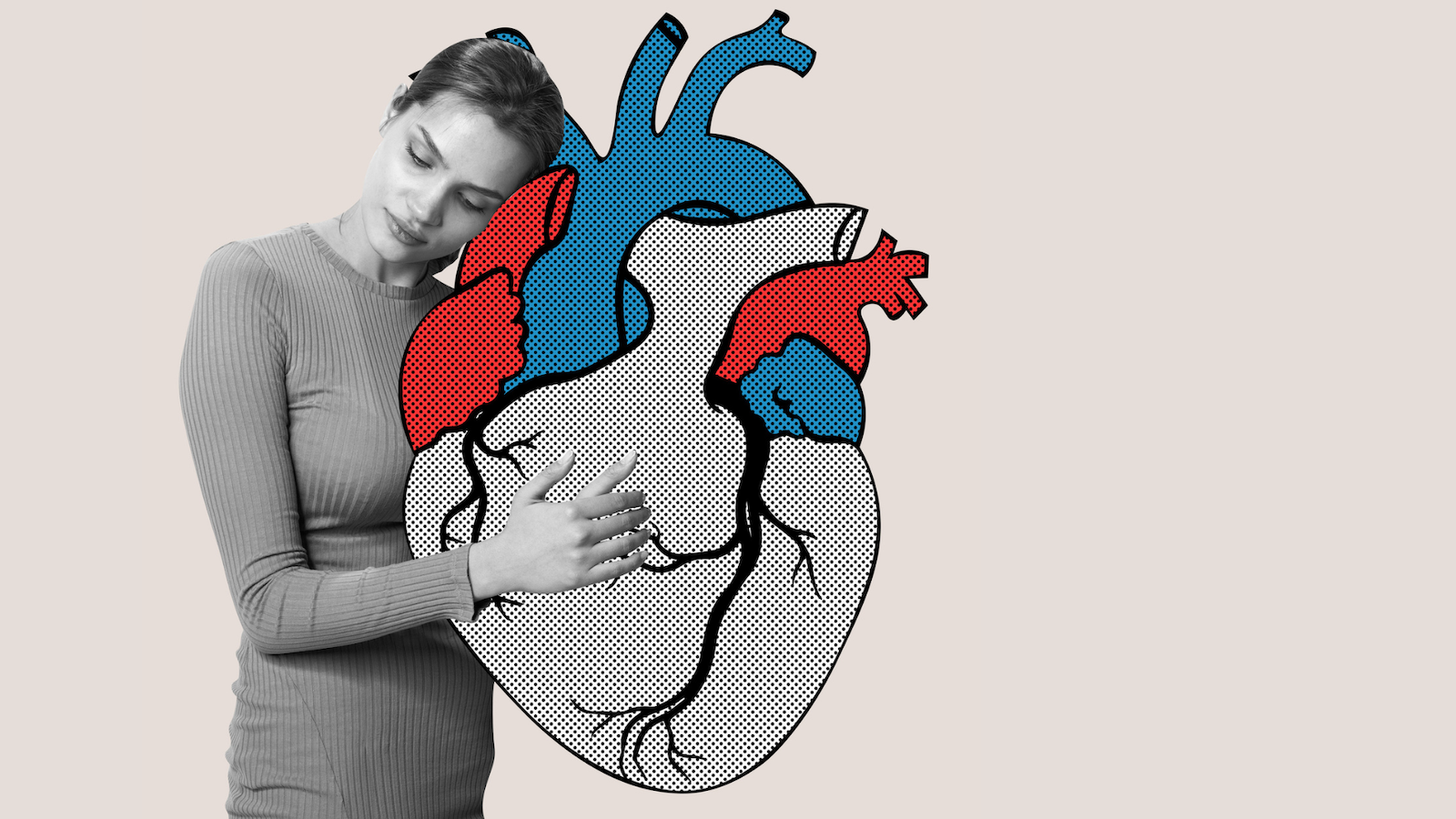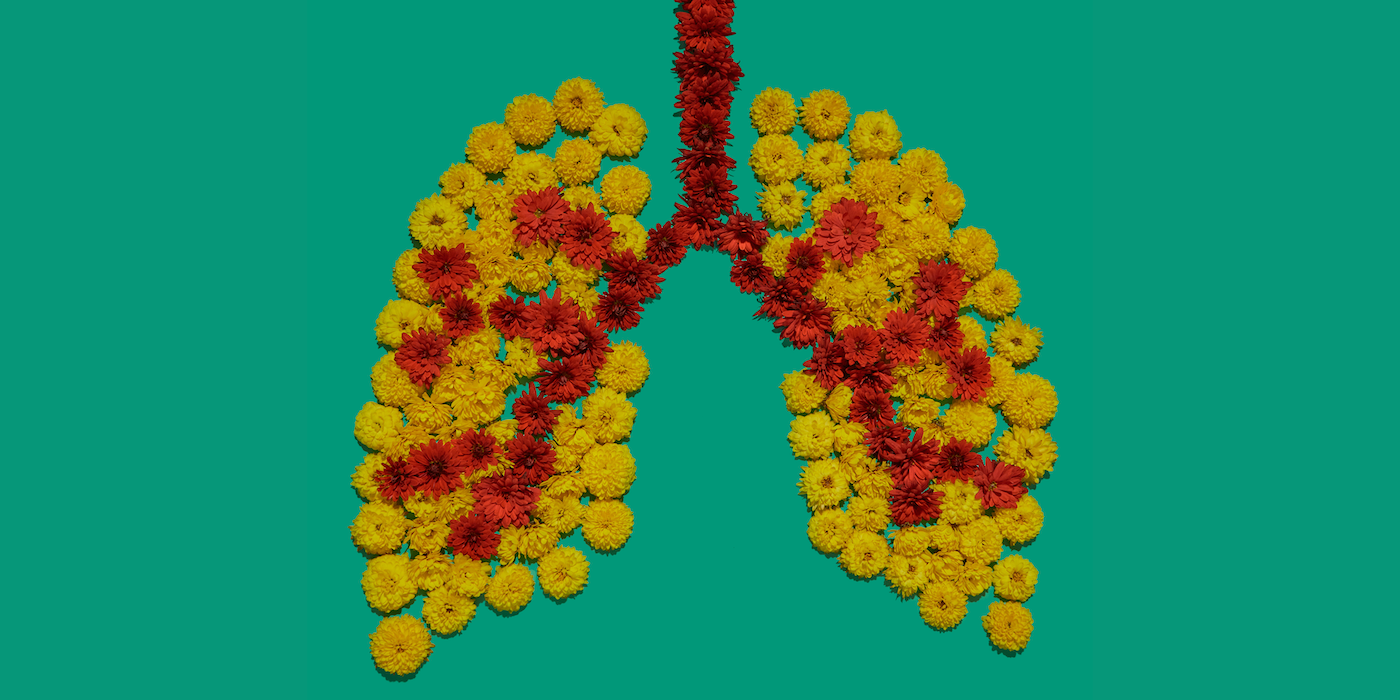why heart health is different for women: 'she was having a heart attack, but made her son lunch before going to the emergency room'
because women tend to put the needs of others first, experience heart attacks differently than men and face distinct risk factors depending on life stage, they are more vulnerable to heart disease, says dr. sherryn rambihar, cardiologist at toronto's mackenzie health.
cardiac arrest symptoms: do you know the signs?
cardiac arrest is sometimes mistaken for a heart attack — but the two conditions are different. cardiac arrest is when the heart suddenly stops beating.
a lung expert shares advice on how we can decrease our chances of lung disease
dr. anne hicks from the university of alberta talks about the role of heart disease, scoliosis and genetics in developing lung disease and why having a dog may promote good lung health in kids.
 5 minute read
5 minute read


